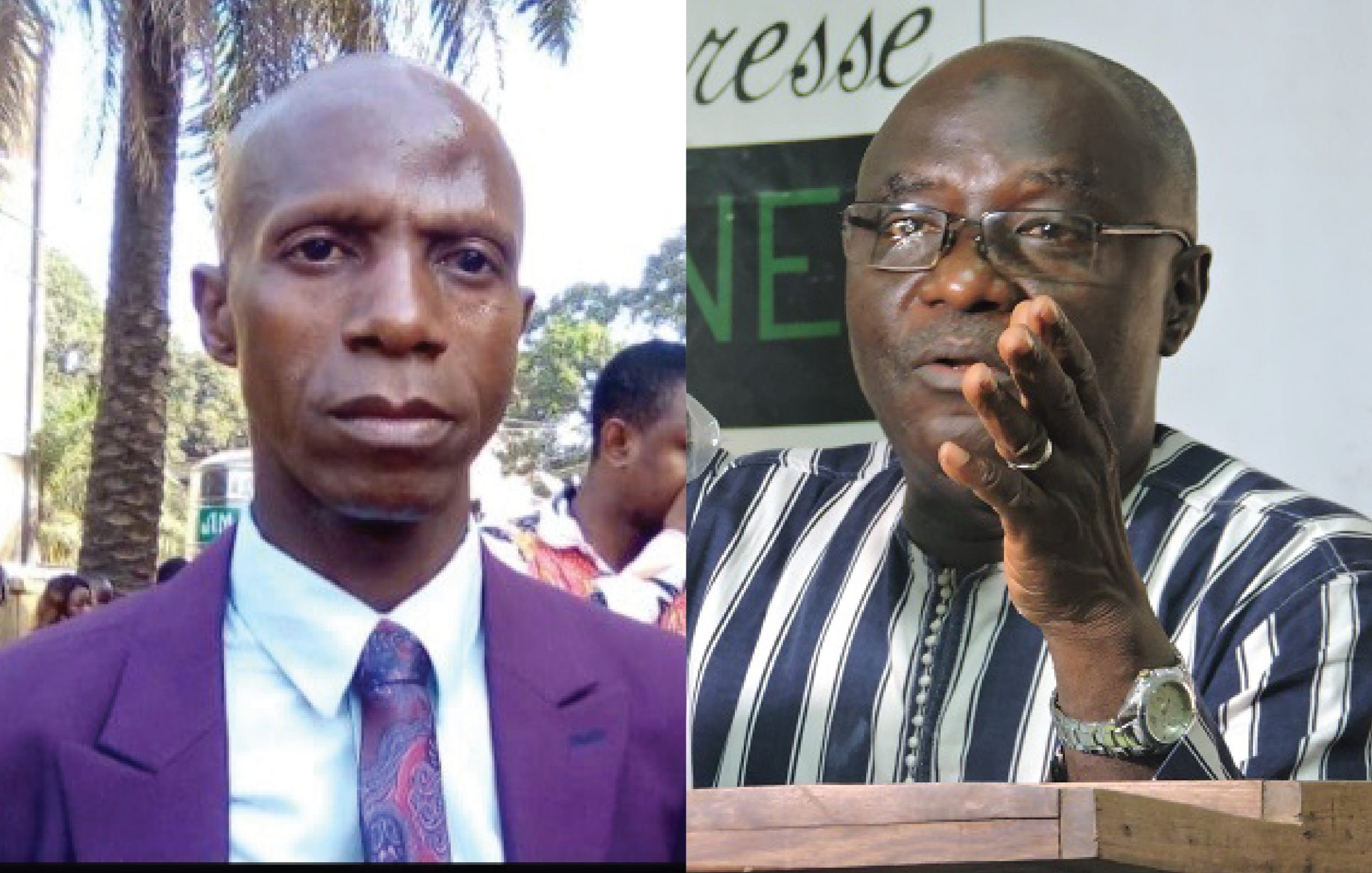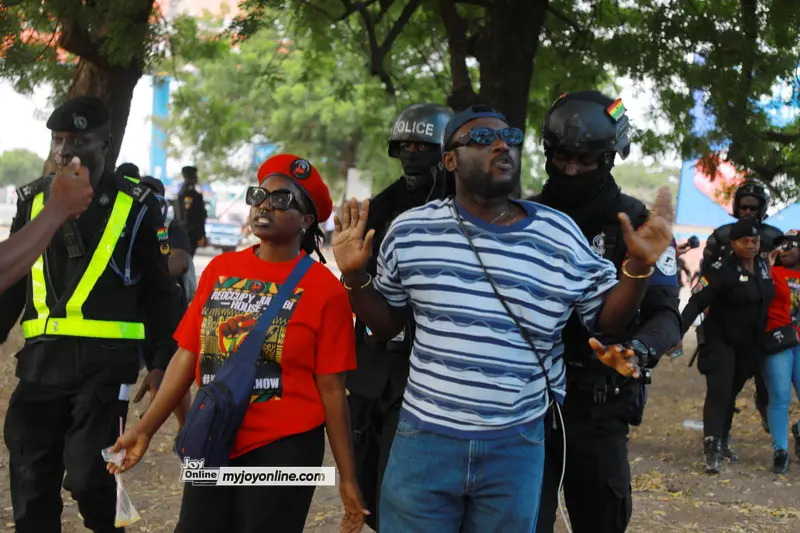The Media Foundation for West Africa (MFWA) is concerned about the political turmoil in Burkina Faso following a second coup d’état in the country in eight months and calls on the new leaders to uphold press freedom, freedom of expression and human rights generally.
A group of army officers seized control of state television on September 30, 2022, and announced the overthrow of military leader Paul-Henri Damiba. The storming of the premises of the national broadcaster briefly disrupted its regular programming.
In a statement read by Captain Ibrahim Traore, the group announced that it had dissolved the government, suspended the constitution and transitional charter and closed the country’s borders indefinitely. It also announced the suspension of all political and civil society activities.
We deeply regret the suspension of political and civil society activities by the new leaders which has led to a complete closure of the civic space in Burkina Faso. This measure, coupled with the suspension of the transitional charter, is a major setback to national and international efforts to restore constitutional order in the country.
Burkina Faso is already plagued by acute insecurity and instability from jihadist insurgency and military coups. The country suffered one of its deadliest terror attacks a week before the latest military intervention. About 11 soldiers were killed and over 50 civilians went missing in that assault.
The overthrow of Colonel Paul-Henri Damiba is the second military coup in the country in eight months. The deposed military leader seized power in January from Roch Marc Christian Kabore who was in the second year of his second mandate as an elected president.
The coup is the latest in a contagion of military takeovers in West Africa, in what is sadly the biggest rollback of democracy in the sub-region over the past two decades. There have been two military coups in Mali while President Alpha Conde of Guinea was overthrown by his elite bodyguards in September 2021.
As an organisation that promotes press freedom across West Africa, the MFWA finds the democratic recession in the region quite disturbing. The freedom of expression environment has deteriorated in these countries with self-censorship widespread, especially in Mali and Burkina Faso. In Guinea, the civic space has been shut down. Public processions by political and social groupings have been banned. Several defiant protesters have been beaten, arrested, and killed in the past two months. The military has summoned and interrogated a number of journalists while the media regulatory body has suspended about a dozen critical journalists and a couple of media organisations.
In view of the above, we urge the new military leaders in Burkina Faso to dialogue with the leadership of the media, in recognition of the critical role it can play in the national effort to restore peace, stability and constitutional order in the country.






